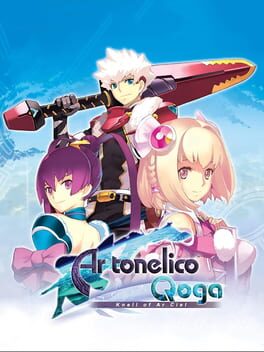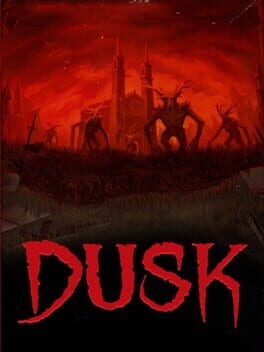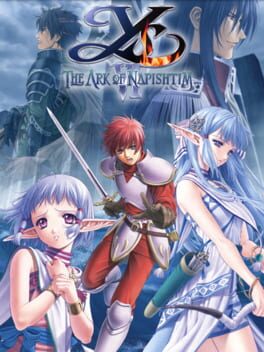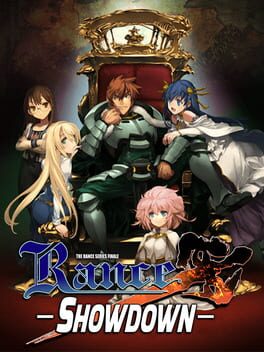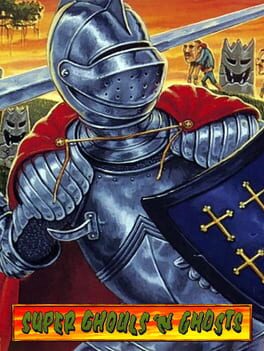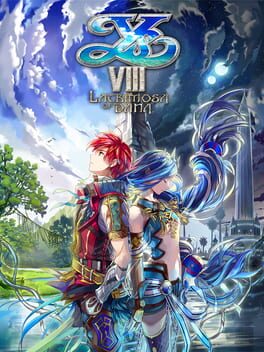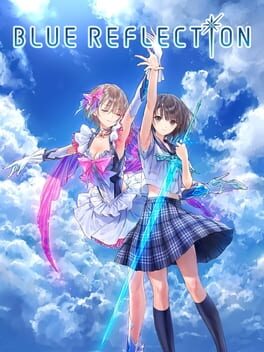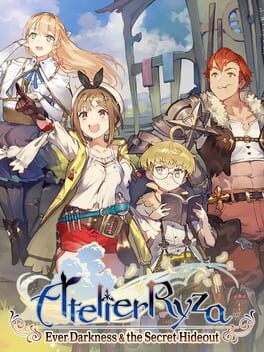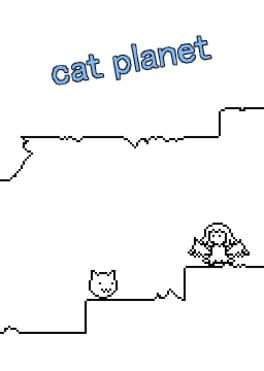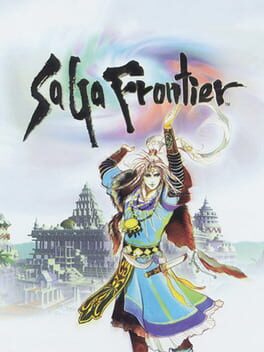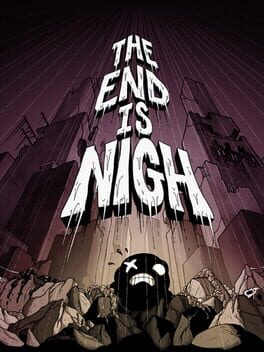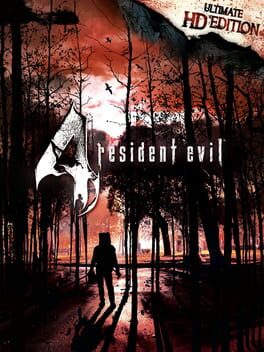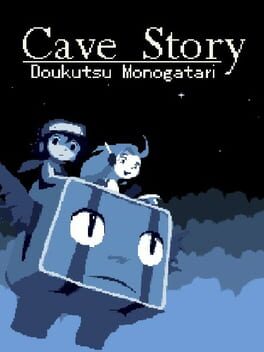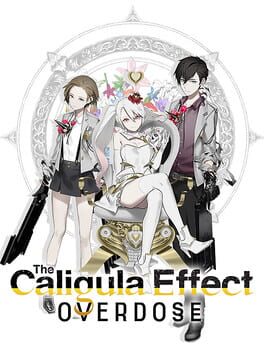moogy
2018
The weapons and enemies aren't too exciting, but the later stages are genuinely inventive, even outright surprising. It's worth playing to see where it goes in terms of level design and aesthetics; the early parts of the game don't even begin to prepare you for where it ends up. I love feeling like games have taken me on a journey, and that's an experience that DUSK manages to provide despite being a story-light FPS with retro graphics.
2018
The best game in the Rance series, the best game Alicesoft has made, and a contender for the best game anyone has ever made, really. A grand love letter to Japanese games of all sorts with impeccably tuned, consistently rewarding gameplay and a story of truly brobdingnagian scale. It also manages to have the best soundtrack in the series, despite neither Dragon Attack nor Shade being involved.
Play this, but make sure you play the rest of the series first.
Play this, but make sure you play the rest of the series first.
1998
2017
Confused game that can't really decide what it wants to be. Is it a straightforward Sunday morning sort of thing? A sleazy vehicle for fanservice? A serious, late-night "dark mahou shoujo" story? It kind of bounces around between all three of them and doesn't end up as much of anything in the end. It's hard to call the cast memorable, either.
The gameplay is also extremely repetitive and padded, mostly consisting of literal fetch quests. You could probably finish the game in less than 10 hours if you ignored the quests entirely. The base battle system is pretty good, but it's never really used for anything interesting.
Asano's battle themes are some of the best music ever composed for video games, though. I really wish they were used in a better game.
The gameplay is also extremely repetitive and padded, mostly consisting of literal fetch quests. You could probably finish the game in less than 10 hours if you ignored the quests entirely. The base battle system is pretty good, but it's never really used for anything interesting.
Asano's battle themes are some of the best music ever composed for video games, though. I really wish they were used in a better game.
Probably the most well-constructed and realized plot in the Atelier series; hiring Takahashi Yashichirou worked out very well. The story has a few silly moments, but is overall a charming coming-of-age story with surprisingly thoughtful writing. (I also liked that it had an adult man and woman who had an intimate relationship with one another that wasn't romantic in nature; that sort of thing is incredibly rare and it was nice to see here.)
The game itself is a little light on content compared to other recent entries, but the battle system couldn't be more engaging and the alchemy system is as fun as you would expect. There's a lot of room to expand both the gameplay and setting, so I'm quite looking forward to subsequent entries in the series.
I admittedly wasn't really a fan of the direction they took the soundtrack in, but it was nice to have Asano Hayato back.
The game itself is a little light on content compared to other recent entries, but the battle system couldn't be more engaging and the alchemy system is as fun as you would expect. There's a lot of room to expand both the gameplay and setting, so I'm quite looking forward to subsequent entries in the series.
I admittedly wasn't really a fan of the direction they took the soundtrack in, but it was nice to have Asano Hayato back.
2009
1997
Extremely unfinished, but what's there is... fascinating. I really wish someone would make a modern game that explores the multi-scenario concept in a deep way like this game and Live-A-Live did; I haven't played Octopath Traveler, but that's mostly because it seems like a step back compared to these games. :/
Blue's ending is one of the most hilarious things in any game ever, both ironically and unironically.
Asellus's scenario has yuri!!!!!!!!!!!!!!!!!!!!!!!!!!!!!!!!!!!!!!!!!!!!!!!!!!!!!!!!!
Blue's ending is one of the most hilarious things in any game ever, both ironically and unironically.
Asellus's scenario has yuri!!!!!!!!!!!!!!!!!!!!!!!!!!!!!!!!!!!!!!!!!!!!!!!!!!!!!!!!!
2017
Wall clinging doesn't lend itself to interesting level design in the way double jumping or wall jumping does, and so the game ends up feeling really repetitive, with almost every screen just being a variant of the same cycle-based design you've seen a million times already. Just play an IWBTG fangame instead.
2004
As a game, it's a terrible mess. It's impossible not to notice just how low budget it was, and while the battle system is interesting on a conceptual level, the way it's implemented and balanced makes the game incredibly unfun to play.
The main story is also kind of haphazard, and wouldn't be very satisfying on its own. It's fortunate, then, that the character scenarios (the social link equivalents) are all quite thoughtful and (mostly) competently told. Every character is interesting and memorable, with motivations and backstories that are quite bit more down-to-earth than you would expect from a JRPG. The game also treats difficult social issues with a degree of nuance, acknowledging that no one's problems are going to magically be solved by the end of the game; even some problematic elements from early in the story are reexamined and overcome later on. My only real complaint with the character scenarios is that it's pretty clear they ran out of time/money with the last few characters on the "villain" side of things.
If you want a glimpse of what modern Persona could be if the writing actually reflected the real world, please give Caligula a try. Just don't expect it to be a good game, because it's not.
Also, the soundtrack is great, especially if you're a Vocaloid fan.
The main story is also kind of haphazard, and wouldn't be very satisfying on its own. It's fortunate, then, that the character scenarios (the social link equivalents) are all quite thoughtful and (mostly) competently told. Every character is interesting and memorable, with motivations and backstories that are quite bit more down-to-earth than you would expect from a JRPG. The game also treats difficult social issues with a degree of nuance, acknowledging that no one's problems are going to magically be solved by the end of the game; even some problematic elements from early in the story are reexamined and overcome later on. My only real complaint with the character scenarios is that it's pretty clear they ran out of time/money with the last few characters on the "villain" side of things.
If you want a glimpse of what modern Persona could be if the writing actually reflected the real world, please give Caligula a try. Just don't expect it to be a good game, because it's not.
Also, the soundtrack is great, especially if you're a Vocaloid fan.
